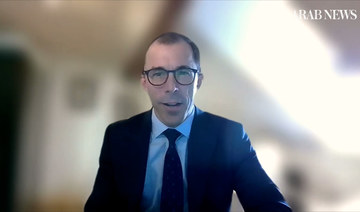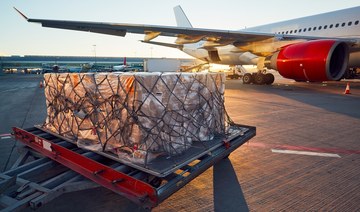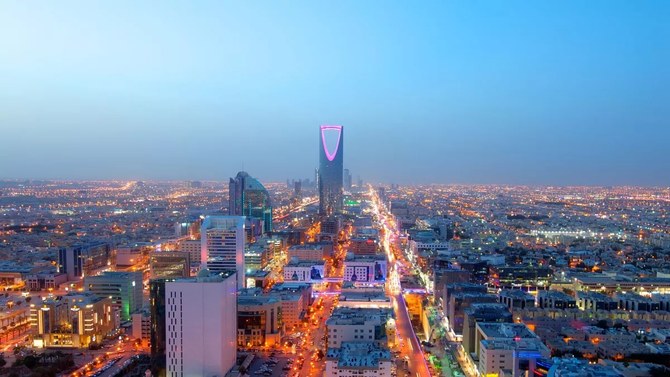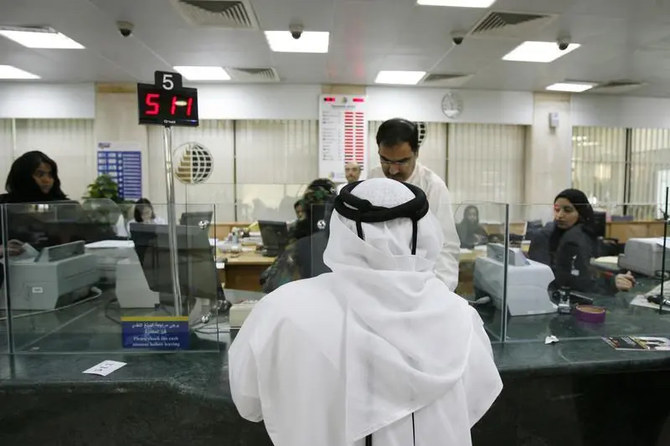RIYADH: Although aircraft manufacturers and airlines have all aimed to increase energy efficiency over recent decades, the move to find alternatives to fossil-based fuels has been a struggle.
While the International Air Transport Association and the International Civil Aviation Organization are pushing the industry to adopt sustainable aviation fuel, the goal might be beyond the reach of current technologies, noted Riyadh-based King Abdullah Petroleum Studies and Research Center.
SAF is a term the aviation industry uses to describe nonconventional fossil-derived aviation fuel. It uses various sustainable resources, including carbon captured from the air and green hydrogen mixed with traditional jet fuel “with no changes needed to the aircraft or infrastructure,” according to Amsterdam-based SAF producer SkyNRG.
It adds that these green fuels cut emissions by 70 to 80 percent per flight.
Brian Moran, the vice president of global sustainability policy and partnerships for Boeing, explained that SAF is made from different feedstock such as biomass residue, cooking oils, or waste gases.

Brian Moran, the vice president of global sustainability policy and partnerships for Boeing. (Supplied)
Different pathways have been created to convert recycled carbon by combining it with hydrogen to produce a new fuel, Moran told Arab News in an earlier interview.
He added: “It’s not one silver bullet, but sustainable aviation fuel and low carbon fuels on the road to sustainable aviation fuels play a really vital role. And that’s why we’re so invested there.
“In the next 20 years, the world needs 43,000 new airplanes. So it’s on us to make sure that we continue this descend of emissions reduction that we have been on.”
High demand
IATA says the main challenge of SAF producers is meeting the airline demand for alternate fuel.
In 2021, airlines had ordered 14 billion liters of SAF, which “addresses the issue of whether airlines will buy the product,” added Willie Walsh, the director general of IATA, in an interview with CNBC.
The aviation sector has the second-highest energy demand in the transportation industry after the roads sector.
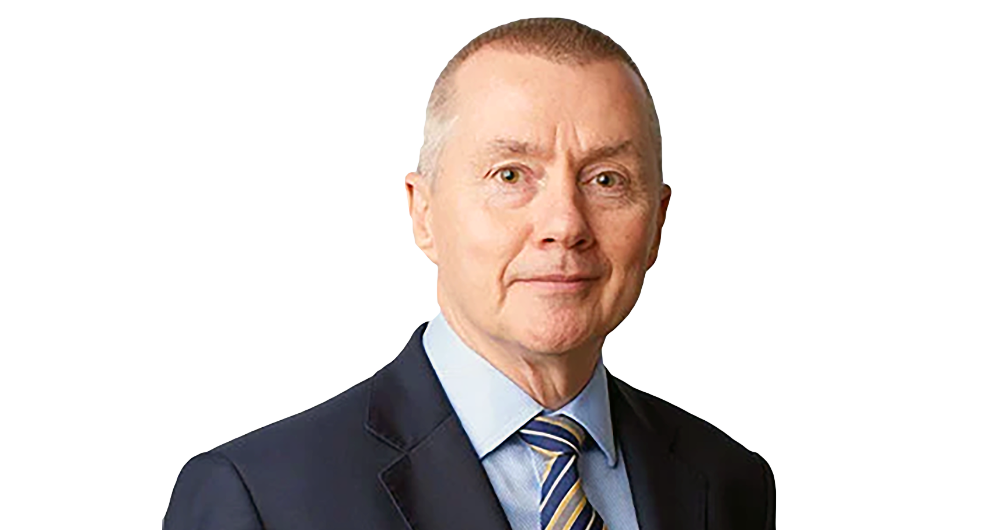
Willie Walsh, the director general of IATA.
Reports show that airlines are slowly moving to adopt SAF, with Qatar Airways and Emirates among them.
Qatar Airways has said 10 percent of its flights will use the fuel by 2030, while Emirates signed a memorandum of understanding with America’s GE Aviation in November 2021 to conduct an Emirates Boeing 777-300ER test flight using 100 percent SAF by the end of the year.
Pan-European aircraft manufacturer Airbus announced that all its aircraft are certified to fly with a mix of up to 50 percent SAF blended with kerosene. The aim is that all of its planes will be able to fly solely using SAF by 2030.
HIGHLIGHT
While the International Air Transport Association and the International Civil Aviation Organization are pushing the industry to adopt sustainable aviation fuel, the goal might be beyond the reach of current technologies, noted Riyadh-based King Abdullah Petroleum Studies and Research Center.
“I think quantity is the main issue at the moment. Governments should intensify the production of SAF. The reality is that airlines used every single drop of sustainable fuel that was available to us in 2021,” Walsh said in an interview issued by the association.
Even though about 100 million liters of SAF were used last year, according to Walsh, “that’s a very small amount compared to the total fuel required for the industry.”
Boosting supplies
Before 2021, only two companies globally produced SAF commercially: Finland-based Neste and Boston-based World Energy, according to the US Global Investors, a Texas-based investment adviser.
Other companies entering the field in 2021 and 2022 include Spain’s Repsol, France’s TotalEnergies, the UK’s BP, Phillips 66 and California-based Fulcrum BioEnergy.

IATA expects to see SAF production hit 7.9 billion liters by 2025, which would meet only around 2 percent of the industry’s fuel requirements. (Shutterstock)
Neste has a small annual capacity for 100,000 metric tons of SAF, but it claims to be on track to increase this to 1.5 million tons by the end of 2023 at its facilities in Europe and Singapore.
On the other hand, World Energy is planning to convert a refinery in Houston to a SAF plant, while Boeing is establishing a facility in Japan to begin researching and developing SAF.
In March, Riyadh-based Alfanar announced it had invested £1 billion ($1.3 billion) in a UK project which produces SAF from waste.
The Lighthouse Green Fuel project generates more than 180,000 metric tons annually in the UK, the firm said in a statement.
The cost factor
The high cost of SAF will affect its utility when compared with conventional jet fuel, according to KAPSARC. IATA estimates SAF generally costs twice or four times as much as any aviation fuel.
According to the Air Transport Action Group, this is happening in an industry that saw 1,478 airlines account for 2.1 percent of all carbon dioxide emissions and 12 percent of the transportation sector discharge in 2019.
That year, the industry spent $186 billion on 95 billion gallons of fuel to fly its passengers worldwide.
Fossil fuel spending will remain a deciding factor for this sector for some time. Commercial aircraft, like trains and heavy-goods vehicles, cannot rely on electric engines, as they do not provide the thrust these power-hungry vehicles demand.
IATA expects to see SAF production hit 7.9 billion liters by 2025, which would meet only around 2 percent of the industry’s fuel requirements. However, by 2050, the association says production would jump to 449 billion liters or 65 percent of the sector’s needs.




